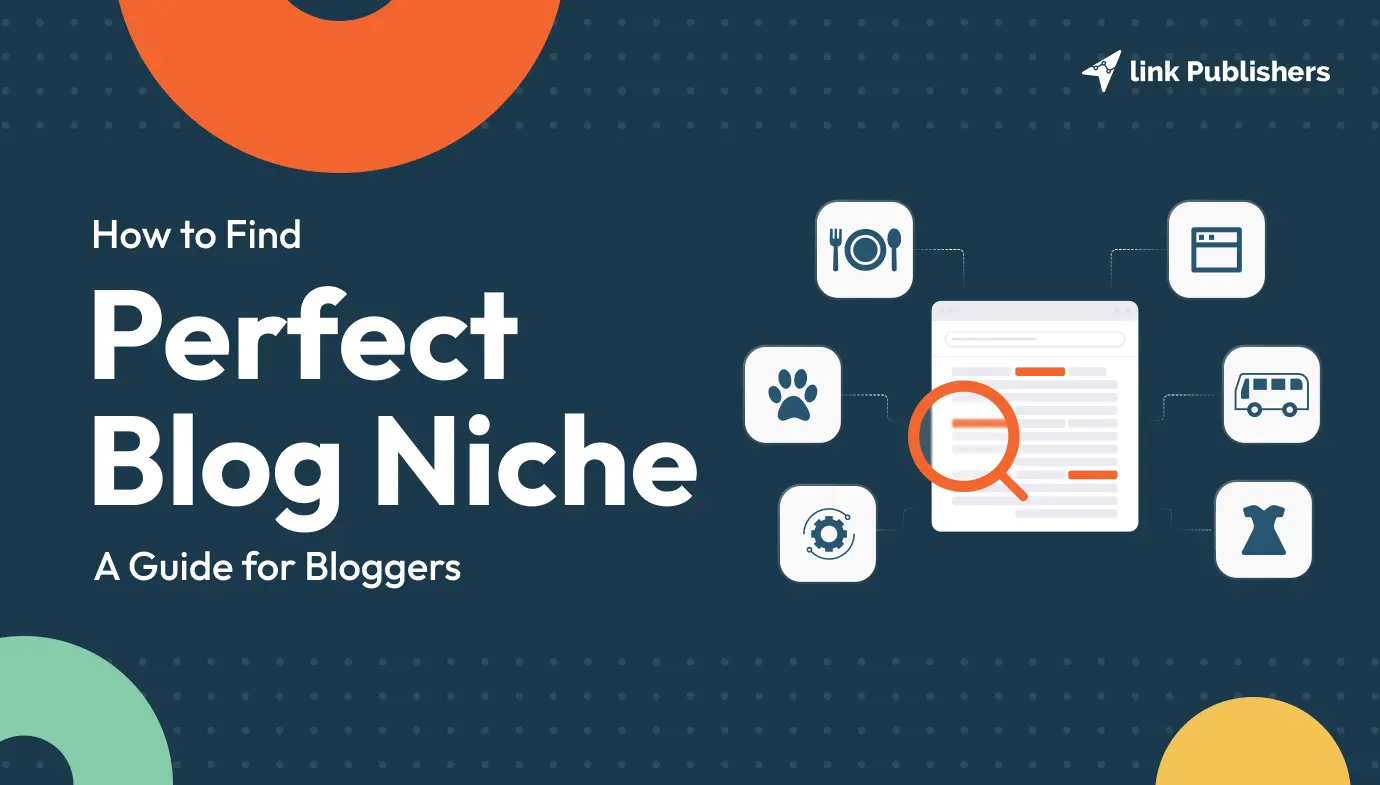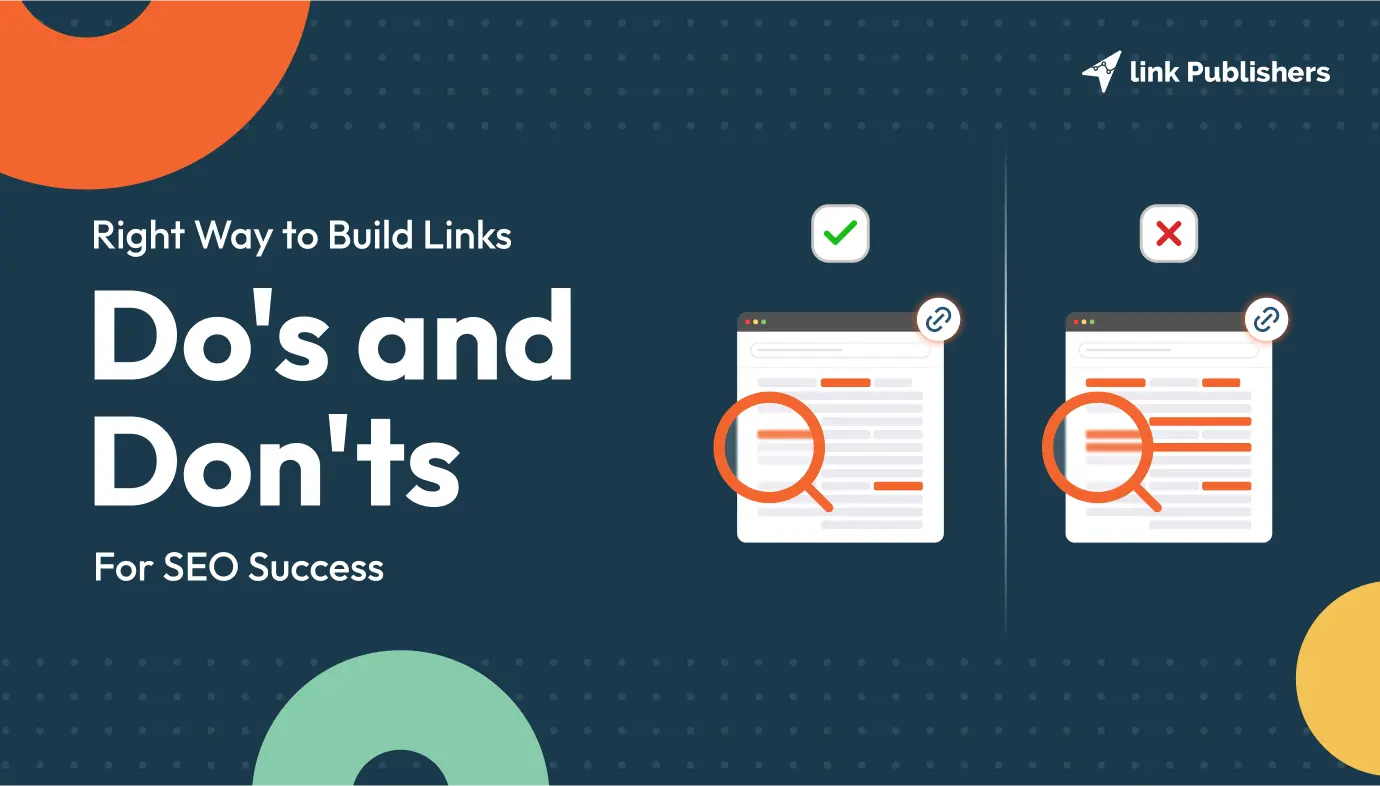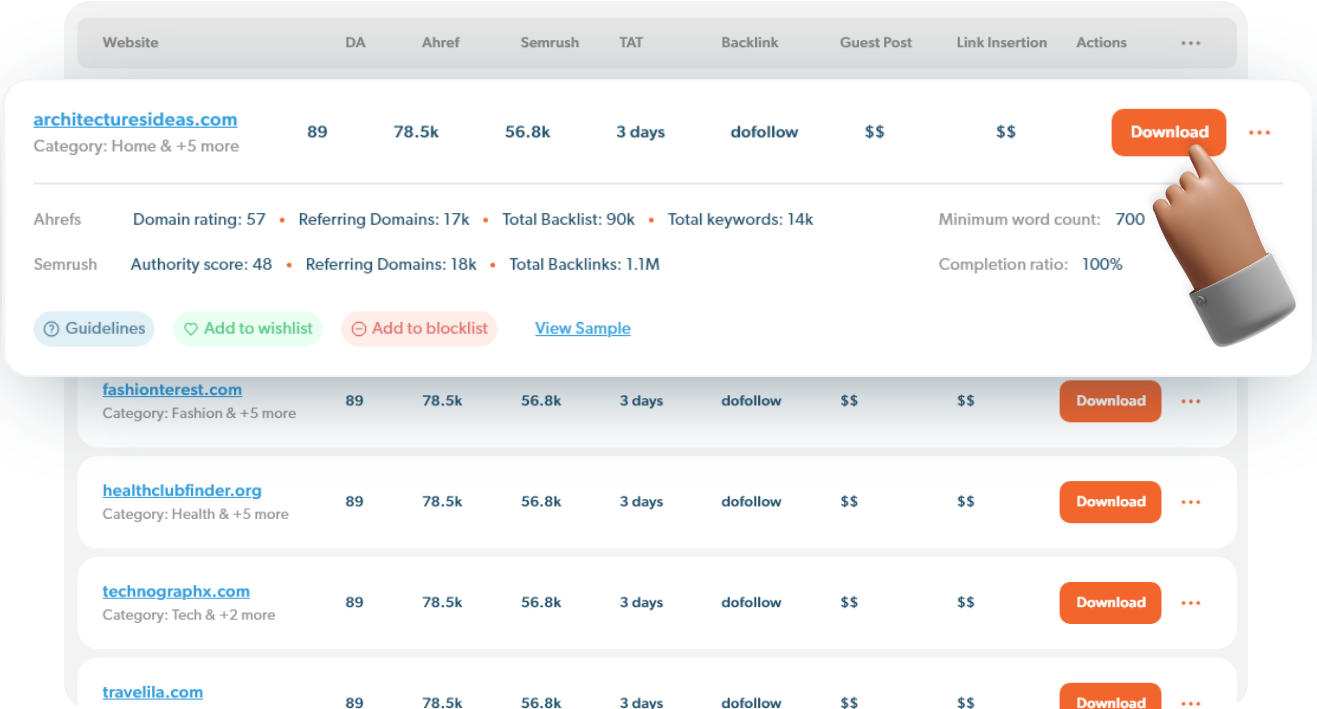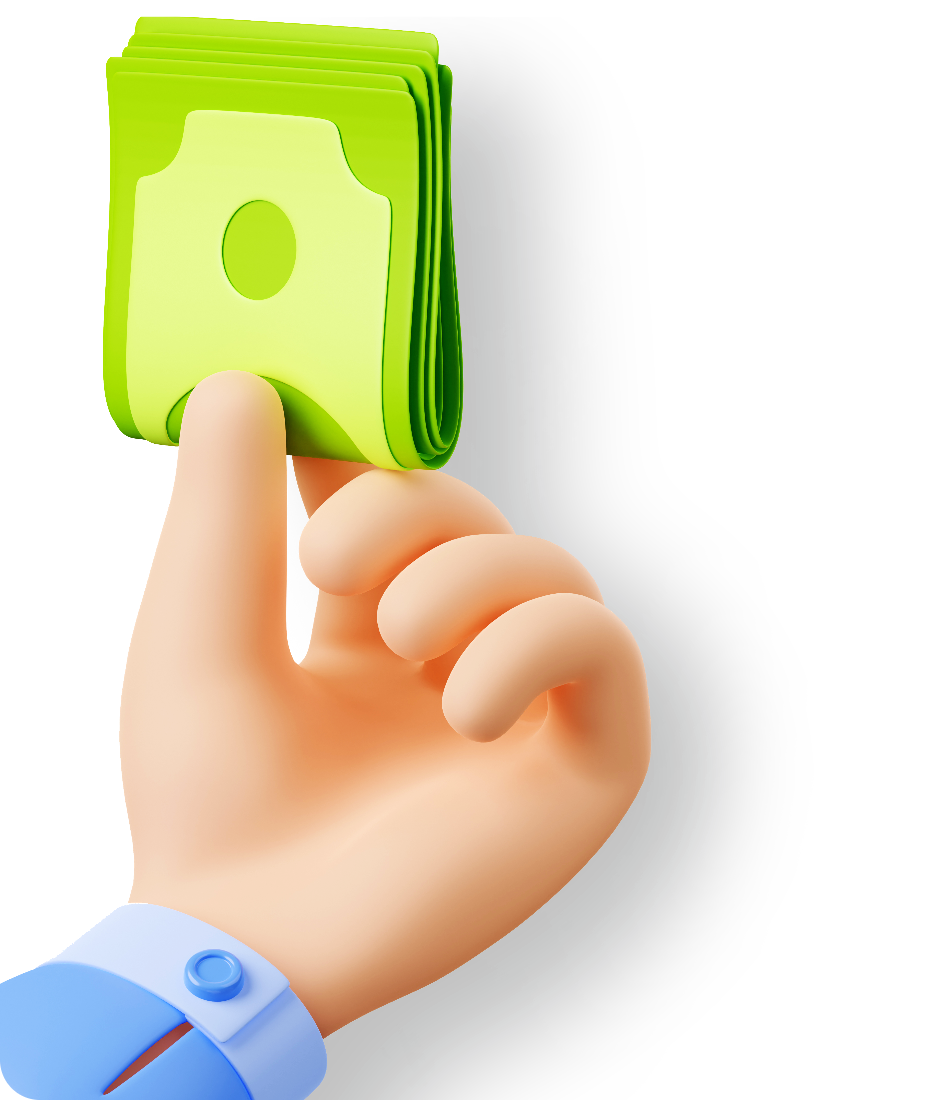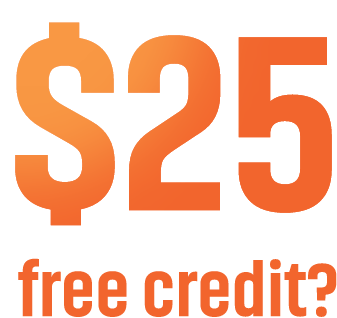Thinking about starting a blogging website but are confused about which topics to start?
Today, over 600 million active blogs exist across the internet. Moreover, 8.28 million blog posts are published per day, making it about 5,750 blog posts published each minute.
These statistics show blogging is now an emerging and established career option for people searching for a creative and profitable option. Today, bloggers in various niches earn from $10,000 to $100,000 monthly.
However, the niche plays a significant role because some niches or topics are trending more and can make more money than others.
This is why selecting the right niche is an extremely crucial step!
But how to find your niche?
With so many potential blog topics, finding the right one seems a bit challenging. No need to stress; if you’re unsure about what to select or where to start, keep reading. This guide will explain how to choose a blog niche and help you pick the best niche for blogging that fits your interests, business requirements, or brand values to boost your online presence and get organic traffic to your blogs.
Let’s dive in.
What is a Niche?
A blog niche refers to a particular topic or subject area within a broader category. Writers first need to select a category and then focus on a relevant topic to create engaging content for the audience.
For example, “Food Recipes” is a broad category, and “easy breakfast recipes” represent a niche within that category. So, if you’re blogging about food recipes on your website, you can select different topics from this category in detail of the specific subject. This allows you to attract a wide range of audiences with specialized interests and people who share the same passion as yours.
Why Does Niche Matter?
To understand in depth why selecting a niche is vital, let’s look at the traffic of well-known blogs in various niches.
For example, this personal finance & investing blog, Investopedia, receives up to 50 million visitors a month.

This deep analysis study by RankIQ shows that currently, food blogging gets the highest traffic, making it the most profitable niche. The next are the lifestyle and mom blogs, which are the most visited all year. However, not all blogs can achieve these traffic levels and rankings on the SERPs (search engine results page). That’s because factors like the average number of page views and the age of the blogs also matter.
Most popular niches for blogging in 2024:
- Finance
- Business
- Marketing
- Sales
- Design and Development
- Technology
- Education
- Health and Fitness
- Entertainment
- Travel
The data from RankIQ shows the most profitable blogging niches:

These statistics clearly show that working on a particular niche or the most common blog topics is the key to a successful blogging career.
So, how to find a blog niche?
Scroll down!
A Step-by-Step Guide to Finding Your Niche
Your niche is more than just a topic; it’s the cornerstone of your blog’s identity and success.
A careful selection of a niche that aligns with your interests, expertise, and audience’s needs will lay the foundation for a thriving online presence and help you achieve your long term goals.

Now, let’s focus on how to find your blog niche.
1. Skills and Expertise
Knowing you have to write a blog is the first important step, but you should also know what you are going to write about, talk about, or give information about to your audience. For this, you need to focus on your skills and areas of expertise. You need to select a topic that resonates with the audience in the long run.
Google also prioritizes the E-E-A-T principle, which states that “Expertise”, “Experience”, “Authoritativeness” and “Trustworthiness” are crucial factors in content quality and rankings on SERPs.

Make a list of potential topics that spark your interest. Don’t be afraid to get creative and explore sub-niches within broader categories.
For example, if you’re a banker or investor, you can easily write blogs about finance, funding, or investing.
Here’s the Google results page for “how to invest in cryptocurrency.”

Here, the top-ranking blogs are carefully written, edited, and fact-checked by finance experts. Also, their author bio creates authenticity and credibility, as people want to gain information from an authoritative website or an expert who is qualified to offer tips or trustworthy opinions.

This is why you should pick a niche that aligns with your passions, values, and interests so that you can personally connect with your audience and offer valuable information.
2. Market Research and Niche Validation
After deciding on the niche and figuring out what your topics are, the next step is to know what your audience is interested in.
This simply means identifying your audience’s interests!
One of the most popular ways to do keyword research is with SEO research tools like Ahrefs Keyword Generator Tool or Semrush’s Keyword Magic Tool. This is an effective and easy-to-use tool that gives an overview of specific keywords people are searching for on Google, along with search volume and traffic analysis.
You can look at the keywords, questions, or trends to get an idea about your audience’s interests.
For example, your website is about fashion, and you want to start a blog about “custom t-shirts.”
Now, check the same keyword in the tool to see how many people are actually searching for it on the internet. (Here we’re using Semrush’s Keyword Magic Tool.)
Here, the tool shows an overview of the keywords, which means a more general search for “custom t shirts”:

Check what people are actively searching for information about this topic. The volume will tell you exactly the average of the number of searches per month. High search volume indicates potential audience interest, but extremely high competition might make it difficult to rank well.
To set the search intent or get the related keywords related to your products or services, you can also set the filter.

Another way to find out what people are searching for is to look at forums like Reddit or Quora and online communities related to your chosen niche.
Whether it’s skincare, product reviews, or the latest news, you can always check what people are talking about.
Imagine you want to write about the “best sunscreen for oily skin.” You can simply look into Quora, and it also suggests the related topics that people have been searching for recently.

Analyze your competitors, too. Check what topics they cover and what kind of content they create. It will help you identify a gap in the market where you can offer a unique perspective or cater to a specific sub-niche audience within a larger niche.
You can aim for a particular niche that has a decent search volume but manageable competition. This will create a balance that will ensure that your content reaches your target audience while allowing you to stand out from the crowd.
3. Check Monetization Potential
Think about it: Can you realistically make money in your chosen niche?
As we already told you, blogging has countless niches, but some are more lucrative and profitable than others. So, if you want to make money blogging, this is an important thing that you need to pay attention to.
Also, many new bloggers focused only on AdSense to earn money. However, there are so many ways to monetize your blogs. Research average rates and audience spending habits to gauge the potential income.
5 Popular methods for monetizing blogs:
- Direct advertisers
- Affiliate Marketing
- Online courses
- Selling Digital or physical products
- Paid sponsorships
To understand a niche’s profit, look for these three things:
- Target Audiences
- Competition Levels
- Monetization Models
To determine the target audience and competition, first identify your rivals and check what they are doing and how strong they are. Start by typing the relevant keywords in Google and checking who’s ranking on them—they’re your competitors.
Let’s check out the travel blogs:

You can also check out listicles like this:

After identifying a competitor, simply plug their URL into a domain overview tool like Ahrefs Site Explorer to get in-depth details.
Focus on:
- Authority Score: This score (on a scale of 1 to 100) indicates a website’s overall authority in search engines. Higher scores suggest they’re well-established and may be harder to outrank initially.

- Backlink Profile: Backlinks are essentially links from other websites pointing to your competitor’s content. These connections improve their search ranking and can drive significant referral traffic.
- Branded Keywords: This is the number of times a blog appears for organic keywords. A high number of branded keywords suggests they have a strong, well-recognized brand within the niche.
By understanding these factors, you can identify potential gaps in competitor coverage and strategize to carve out your own space within the niche.
Additional Tips for Choosing Your Niche
Finding the perfect niche for your blog is like discovering a hidden treasure: it should spark your passion, offer growth potential, and hold the key to a sustainable and engaging online space.

Here are three additional tips that ensure your blog thrives in the long run and set you up for blogging success:
👉 Future-proof your niche
Is your niche interest likely to grow or fade in the coming years?
Look for niches that address ongoing challenges or cater to ever-evolving interests. This will help ensure your content stays relevant and your audience remains engaged over time.
👉 Personal growth potential
Pick a niche that allows you to learn and grow alongside your audience. Check whether it connects with your goals, has room for ongoing learning and exploration, and keeps you genuinely motivated to create content over time.
👉 Consider your lifestyle
It’s vital to choose a niche that aligns with your goals as well as your lifestyle. If you are more into exploring and are always on the wheel, select a niche that allows you to do that. This way, you can do what you’re passionate about while living your desired lifestyle.
75 Blog Niche Ideas For 2024
Now you know why selecting a niche is important to earning money.
Looking for some inspiration?
Here are 75 popular blog niche ideas for 2024 in which you can make money blogging.

It’s Time To Pick Your Niche!
Finding your blog niche is exciting, and you might be eager to start writing your own blog. But wait, don’t jump in! That’s because this is only the first step in making money by blogging. Still, there are many things you should consider so that you can build your audience, get authority on Google, and, ultimately, achieve your blogging goals.
Also, remember to be ready to try new things and refine your niche to grow over time. Choose a niche that you’re really passionate about or have the expertise to consistently deliver valuable content that resonates with your audience.
So, are you ready to start your niche blog?
Keep Reading:
